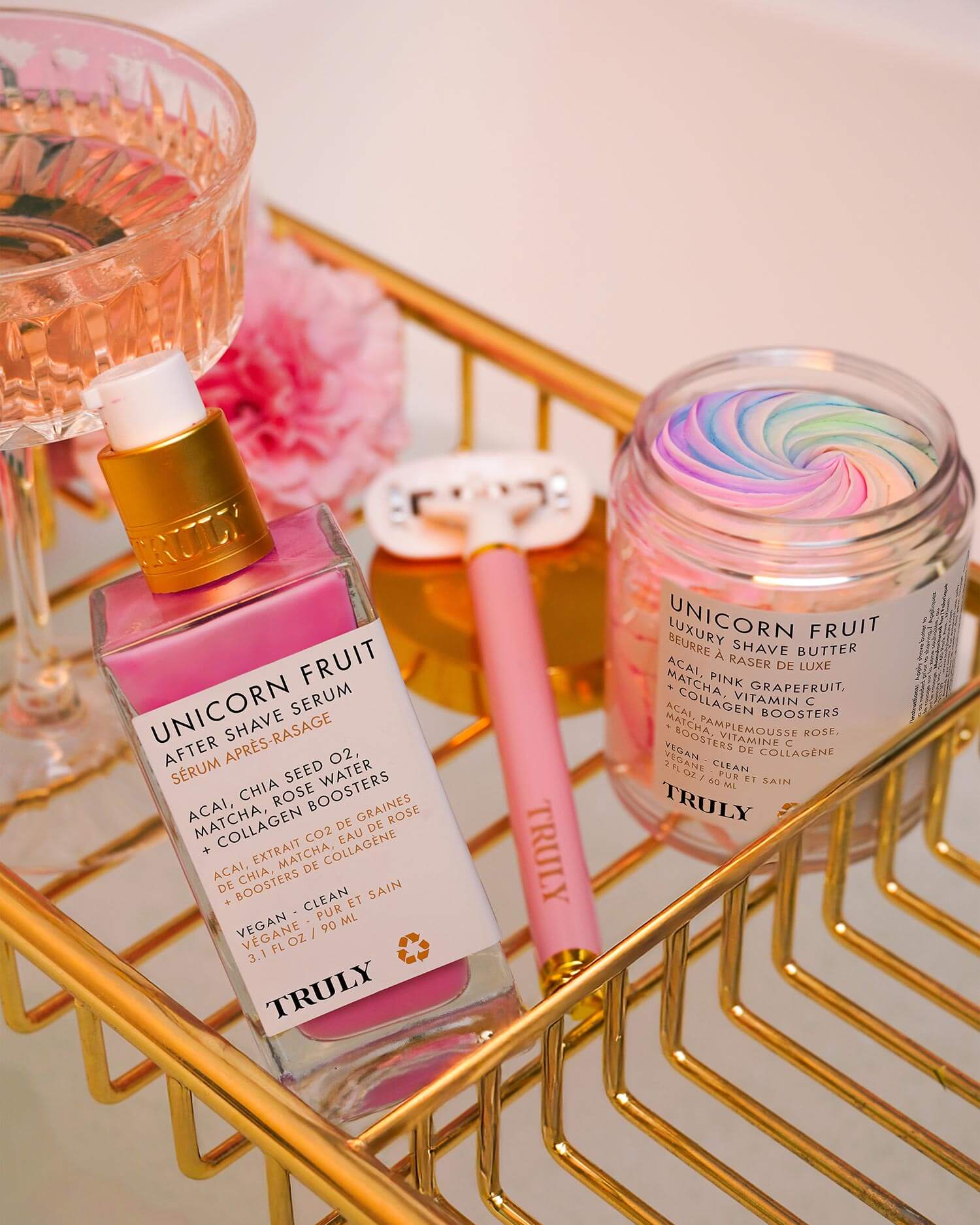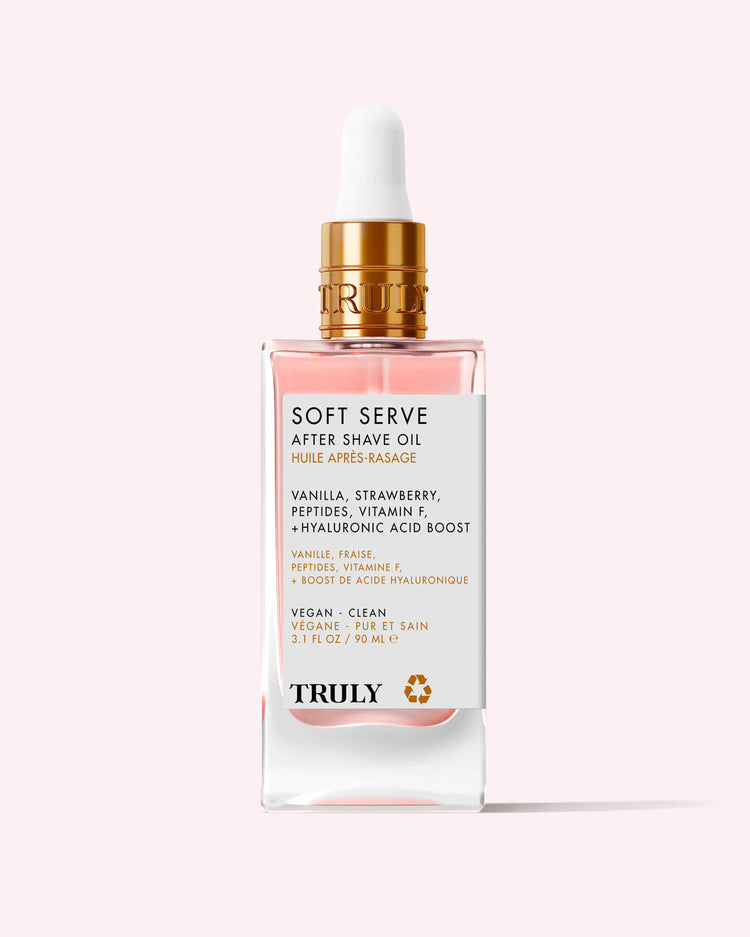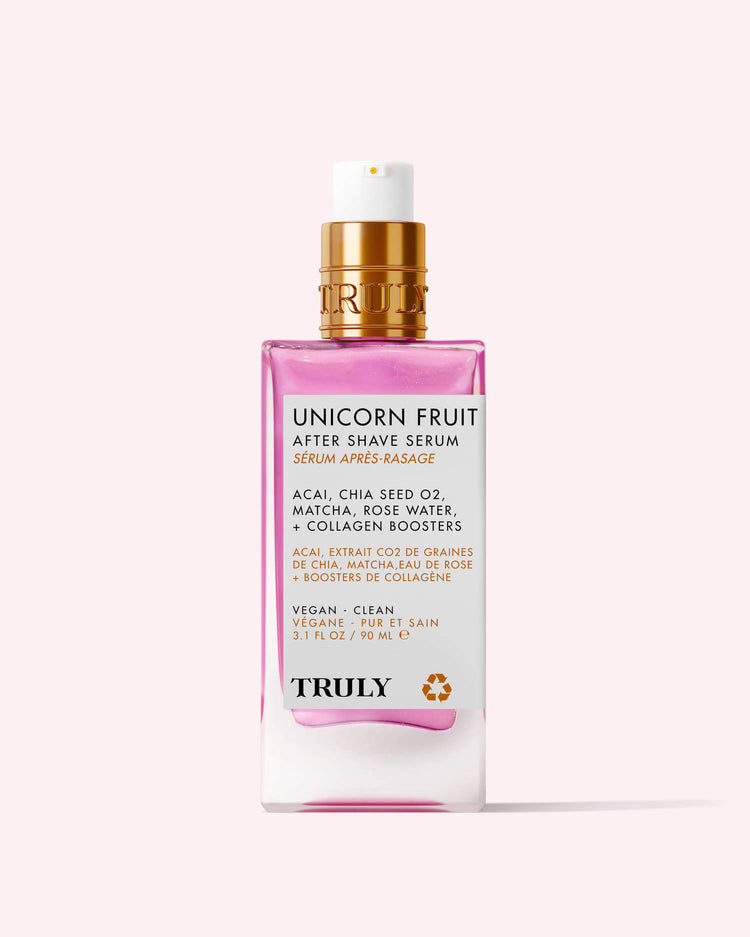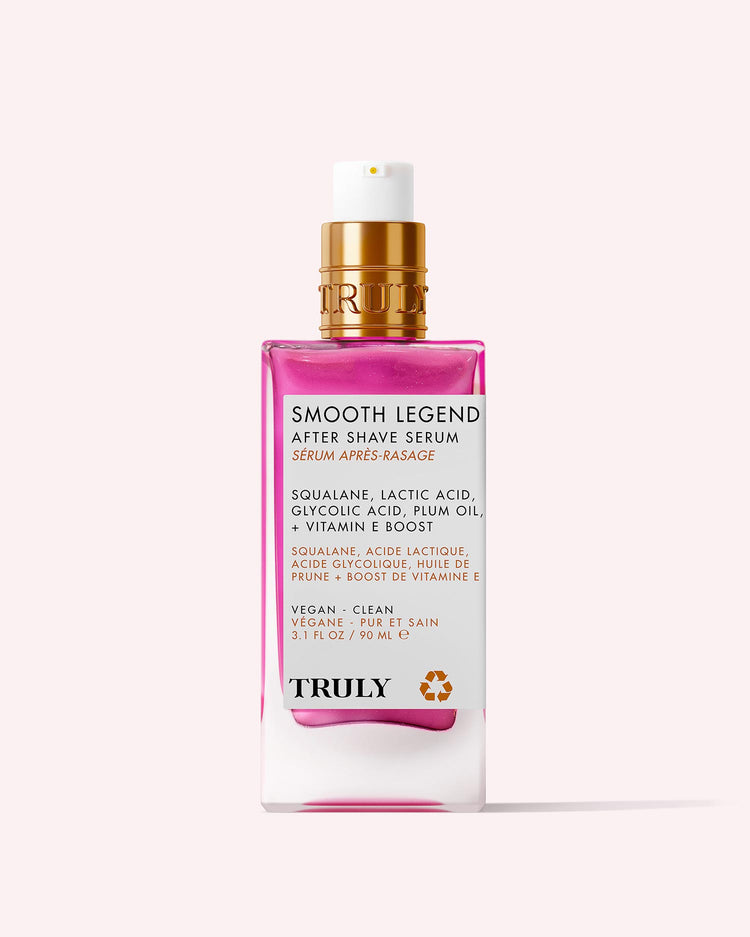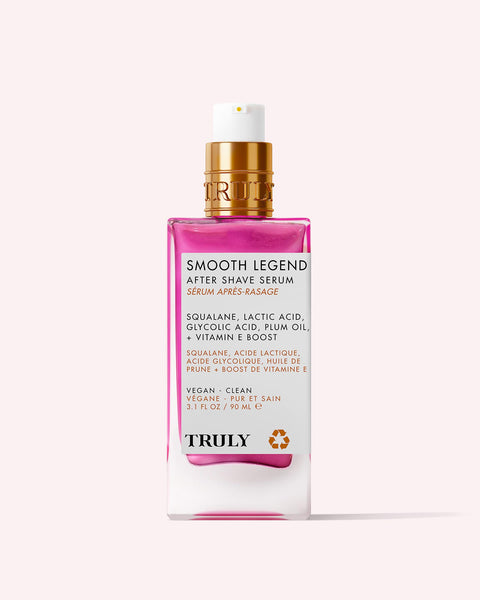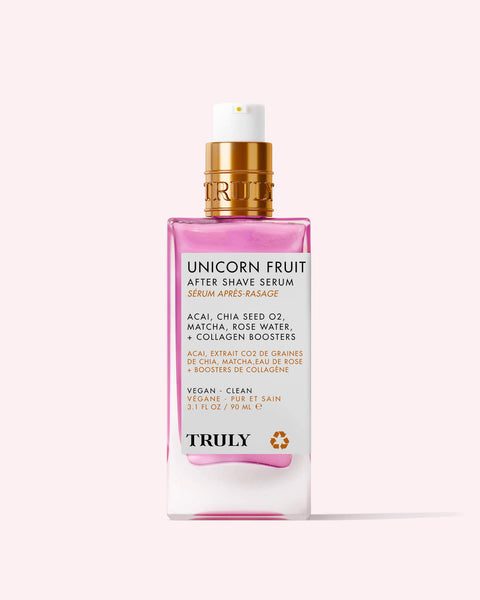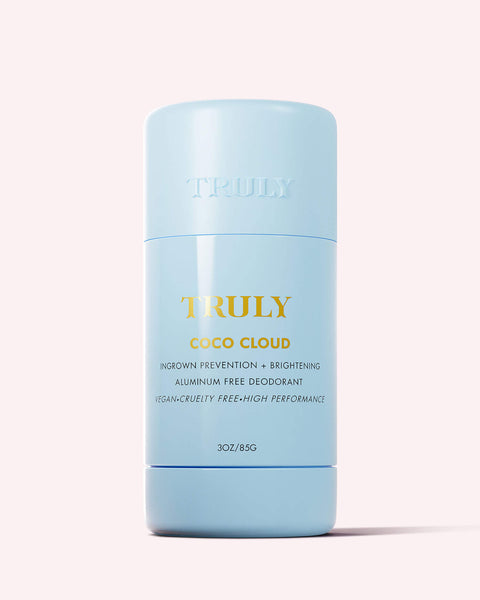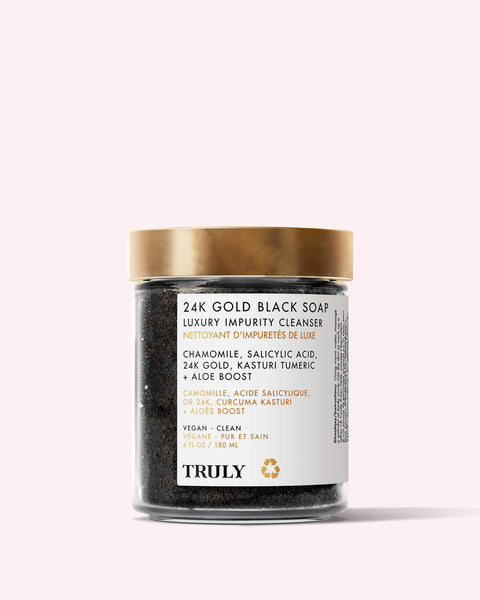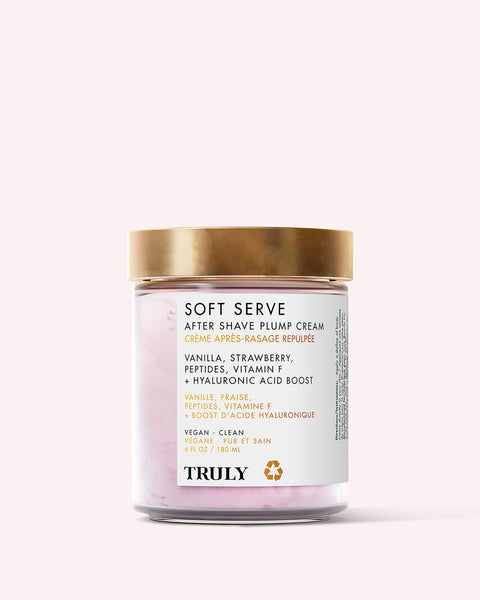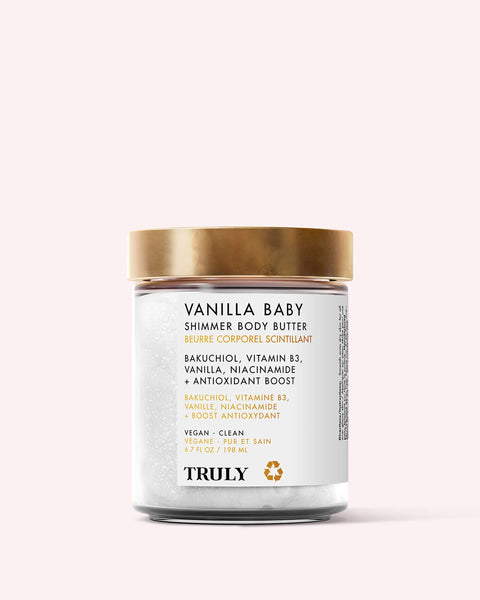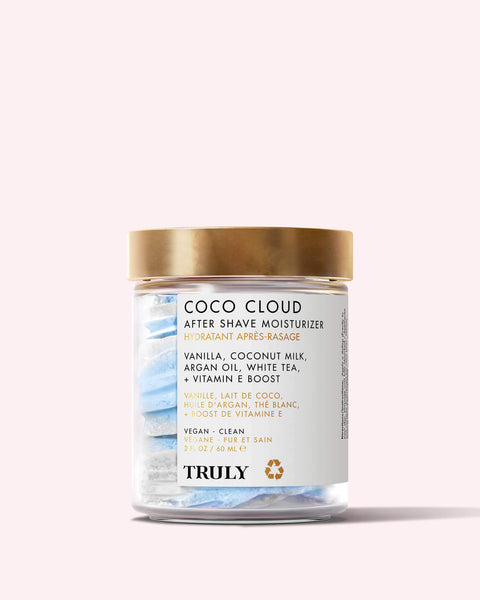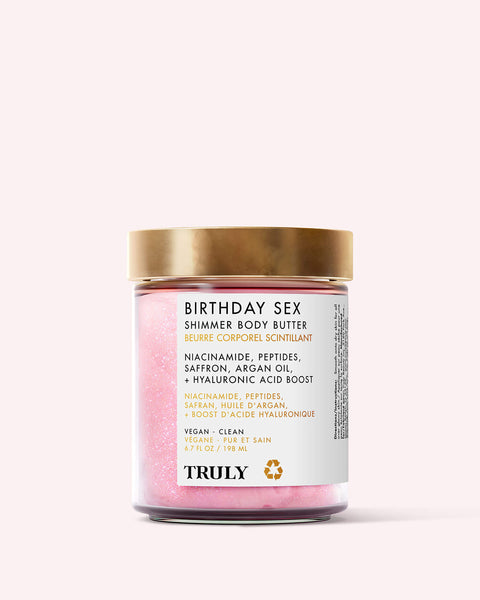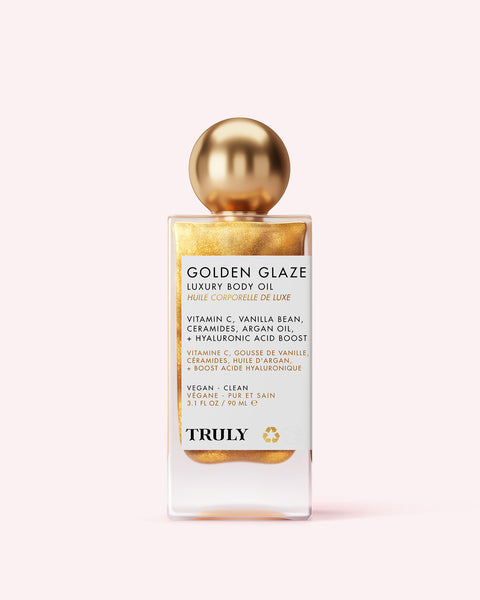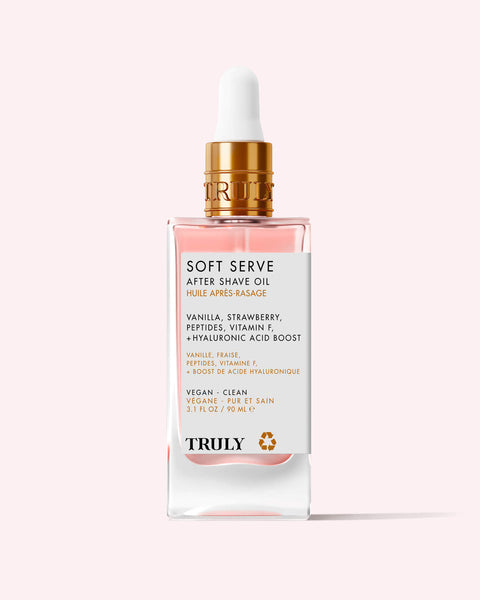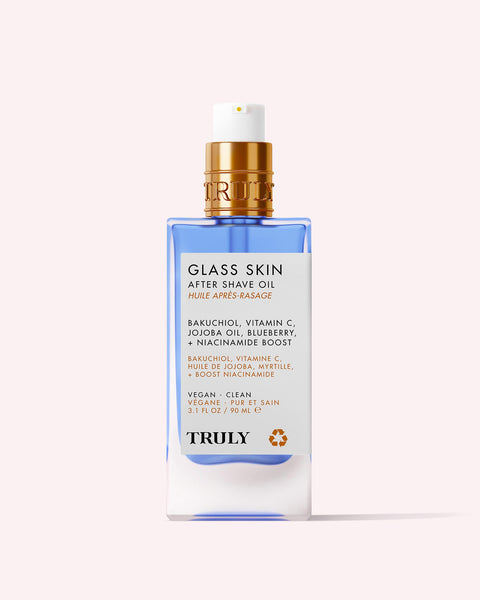How to Beat Out Scaly Winter Skin

Does your skin get extra scaly in the winter months?
Winter skin is a thing! Symptoms include dryness, itchiness, flaking, and scaling. If you're noticing these symptoms as soon as the cold weather strikes, that's a clear sign you're dealing with winter skin.
It's basically dry skin -- intensified.
With the right skincare routine and a few smart swaps, you can keep both your face and body skin soft, supple, and hydrated this winter instead of dry, cracked, and scaly.
Here are some tips for beating out scaling winter skin so you can be soft and smooth all season long!
#1: Stop Taking Super Hot Showers
Long, hot steamy showers are indeed a joy on icy cold days. The trouble is, hot water is the enemy of dry winter skin. According to dermatologists, showering or bathing in hot water increases evaporation of your skin's natural hydration, leaving it tight, dry, and flaky. Start showering in lukewarm water instead!
On the topic of showers, the derms also advise keeping them short. All you need is 5-10 minutes. Any longer than that and you're setting your skin up for major dryness.
To make your shower more moisturizing, swap harsh, drying soaps for a hydrating body wash like Truly's Moon Jelly Cleanser, made with lavender, ashwagandha, and chamomile to clean, moisture, and soothe skin.

#2: Keep Skin Covered
Between the wind, cold temperatures, and low humidity levels, exposed skin is destined for dryness, scaling, and itchiness. Anytime you leave the house, cover up with scarves, hats, and gloves to protect your skin from the drying weather conditions. It's a quick, easy, and cost-effective way to beat out scaly winter skin. No lush products needed!
It also helps to wear natural materials like cotton as opposed to synthetic fabrics that irritate and dry out sensitive skin.
#3: Stock Up On Skincare Products with Hydrating Actives
Whether you're choosing cleansers, toners, creams, or serums, always look at the ingredients list to check it's full of moisturizing actives. Some good examples of nourishing actives include hyaluronic acid (a humectant that keeps skin smooth and dewy), ceramides, plant-based oils like coconut, argan, and jojoba, and cannabis sativa.
Your winter skincare routine should be jam-packed with products containing one or more of the above actives to keep skin healthy, happy, and smooth throughout the chilly season.
Try our Dry Skin Kit to secure day-long dewiness like never before. It keeps you soft and scale-free all day long!

#4: Moisturize Multiple Times a Day
Moisturizing is so important in the wintertime as that's when the skin's most prone to drying out. And that doesn't just include your face. Remember to keep your entire body hydrated -- from your head to your chest all the way down to your feet. Everywhere gets dry in winter!
To get the most out of your moisturizer, apply it to damp skin so that it can absorb effectively. Apply morning, night, and anytime throughout the day when your skin gets dry.
The best time to apply face creams and body lotions is in the evening as this is when your skin gets chance to absorb the product fully. Before slipping into your PJ's, rub a hydrating face cream and body lotion into your face, neck, and body. Let it absorb before getting dressed.

For the face, try Truly's Flower Child CBD Face Cream, which is made with hyaluronic acid and hemp to moisturize, soothe, and restore elasticity. For the body, slather on our Unicorn Fruit Whipped Body Butter, a formula made with shea butter, acai, glycerin, and matcha to restore skin's moisture and plump out your complexion.

#5: Reduce the Use of Exfoliants
While frequent exfoliating is important for sloughing away dead skin cells, promoting a brighter complexion, and enabling products to penetrate better, it can also be quite drying for skin.
While your skin's suffering the effects of dry air and cold weather, use products with exfoliating ingredients such as lactic acid and glycolic acid sparingly. This can help reduce dryness and mitigate flakiness.
If you have oily or acne-prone skin, aim to exfoliate 1-2 times per week. Those with sensitive skin types or dealing with chronically itchy skin should limit use to once a week max!
#6: Invest in a Humidifier
Humidifiers are excellent for injecting moisture into the air inside your home. What with the dry, cold air that typically accompanies winter, it's only normal for your skin to get dry and flaky. Use a humidifier to add moisture back into the air.
#7: Don't Forget Your Lips
Your pout is attached to your face, right? Therefore, it needs just as much moisture as the rest of your face in order to stay soft and smooth. To prevent and manage chapped lips this winter, reach for a lip balm enriched with moisture-injecting ingredients like hyaluronic acid, coconut oil, and jojoba oil.
If you've got nothing else on hand, apply a thin layer of petroleum jelly to lips to seal in moisture and prevent moisture loss. Alternatively, try our GLOAT Luscious Lip Butter, which is enriched with HA, coconut oil, and peppermint to diminish dryness, soothe cracking, and promote long-term lip health.

#8: Keep Wearing Sunscreen (Or Start!)
If you stopped wearing sunscreen the moment the days grew cold, that was a huge mistake. Don't worry, you can quickly start protecting your skin by applying SPF every time you leave the house to shield your skin from the sun's rays and keep your complexion smooth, youthful, and glowing.
Since sun exposure weakens the skin barrier, which is responsible for maintaining natural moisture in skin, wearing sunscreen is an effective way to keep skin healthy.
Scaly skin is usually fixable and preventable. In addition to the tips above, try drinking more water and eating a diet filled with nutrients, vitamins, and fatty acids. This can help hydrate skin from the inside.
Speak to a dermatology professional if you think you may have a skin condition. Your symptoms could indicate eczema, dermatitis, or psoriasis.
